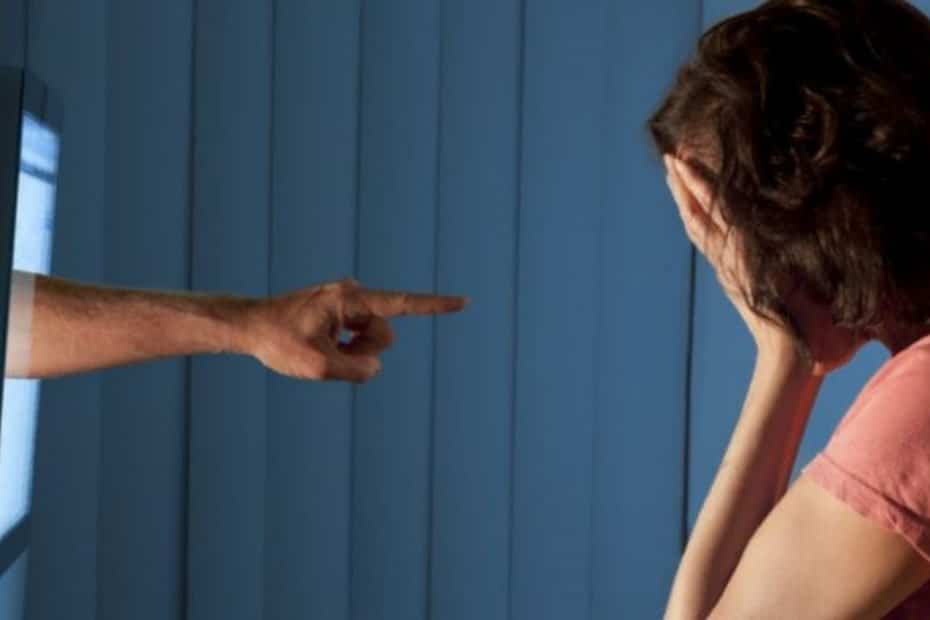If you have been sent a DMCA notice by your ISP, it can be a bit unnerving. You’ve likely been accused of illegal downloading of copyrighted material, and when DMCA notices start showing up at your home it can make things REAL in a hurry.
While I’m in no way qualified to give you legal advice at this point if you have a DMCA notice, I can educate you about them and help you not get another. IF you’re sitting at your computer right now saying “HELP! I got a DMCA notice!!!” Read on and I’ll help you out.
What is a DMCA notice? Have I been charged?
First, a DMCA notice is just that – a notice. It is not a charge of a crime, a warrant for your arrest or a search of your home, or a subpoena to appear. It is, basically, a formal complaint from a company.
To break down the acronym, DMCA stands for:
- Digital
- Millenium
- Copyright
- Act
The notice is a complaint against your IP address that you have violated this copyright act. A typical DMCA notice will tell you why you are receiving it with phrasing like:
“We are writing this letter on behalf of [the copyright’s owner], that you are offering downloads against Copyright Act, Title 17, United States Code Section 106(3) using IP address (the IP address number).”
Your phrasing may vary, but that’s the basics of what a DMCA notice will have in it will also include:
- Who the copyright holder is.
- The “asset” whose copyright you are accused of violating with the file name used.
- What you are accused of doing, along with a time stamp.
- What section of the Digital Millennium Copyright Act you’re allegedly breaking.
- The IP address associated with this act.
You can be sent this for seeding copyrighted material, downloading copyrighted material, or even for uploading copyrighted material to YouTube.
The catch here is that the copyright owner will not be the one sending it to you. Your ISP, the company you pay for Internet access, will be the one sending this to you as they are the ones who receive it from the copyright holder. It may feel like a stab in the back considering you pay to keep them online and relevant, but it is their legal obligation to send these along.
What do you do after getting a DMCA notice
 The number of correct answers here is pretty high as each company that issues DMCA notices differs. Some will operate on a certain number of “strikes” and you’re ‘out’ – to use a baseball analogy. Once you get the last ‘out’ your Internet access is suspended. This can vary from 3 – 6 violations.
The number of correct answers here is pretty high as each company that issues DMCA notices differs. Some will operate on a certain number of “strikes” and you’re ‘out’ – to use a baseball analogy. Once you get the last ‘out’ your Internet access is suspended. This can vary from 3 – 6 violations.
Other companies that send DMCA notices offer a settlement option. You go to their website, enter the DMCA notice number, and pay them however much they’re asking for. They will then, likely, go away. This can be tricky because who’s to say you’re using the right website? that you’re really getting a DMCA notice from the actual copyright holder? Do some research before throwing your money at people to solve problems.
What you can do to avoid DMCA notices
As I like to say around here, your first option is to always avoid instances where you could potentially be called out for violating copyrighted material. I do, however, know that there are perfectly legitimate times when you need to do some P2P downloading and want to protect yourself from DMCA notices.
The key to everything involving these notices is your IP address. If you can change your IP address you won’t be found out as being someone doing downloading. For that task you’ll need a
Here at Best
[button url=”https://moabvpn.wpengine.com/l/ipvanish” icon=”rocket” color=”blue” size=”medium” type=”round” target=”_self”] Click Here to Visit IPVanish [/button]
IPVanish will allow you to use P2P on any server you wish. Their no-logging policy will keep you safe from anyone ever sending you a DMCA notice. They also have exceptional connections with great stability. This means that you can leave your traffic to download overnight and not have to worry about disconnections. I’ve personally had connections last for over 3 days – and they only disconnected because I shut my computer down.
[button url=”https://moabvpn.wpengine.com/l/CyberGhost” icon=”rocket” color=”blue” size=”medium” type=”round” target=”_self”] Click Here to Visit CyberGhost [/button]
My other recommendation will be Cyberghost. This
- USA
- Russia
- Singapore
- Hong Kong
This doesn’t need to be a big deal at all. Use a different server that does allow it, they have many to choose from! While Cyberghost hasn’t had the most stable connection tested, they do have an exceptional VPN kill switch to protect your IP address from being exposed if the connection drops.
The key is to use a
Feature image via Mike Focus / Shutterstock
